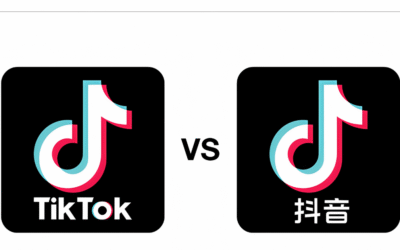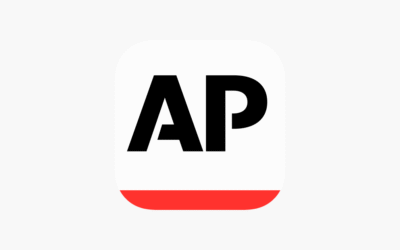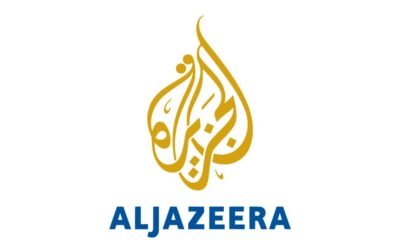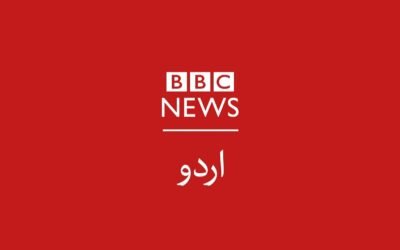In Pakistan, social media platforms—primarily Facebook, X (formerly Twitter), TikTok, and Instagram—are shaping political and social discourse via algorithmic recommendation systems. These systems, designed to maximise engagement, increasingly amplify extremist, divisive, and conspiratorial content. As a result, echo chambers and filter bubbles have entrenched polarized narratives, complicating public dialogue and democratic debate.
1. Algorithms, Engagement, and Polarization
Global studies confirm that algorithms prioritise engaging content, often elevating incendiary political material. Facebook’s internal memo admits that “the mechanics of our platforms are not neutral… the more incendiary the material, the more it keeps users engaged”. This aligns with the concept of algorithmic radicalization, where users are incrementally exposed to more extreme content based on earlier interactions.
Local scholarship corroborates this trend. A survey‑based study conducted in Pakistan around May 9, 2023, “Black Day” incident found that 56.3 percent of respondents agreed that algorithmic curation influences political polarization, while 50.3 percent said it shapes public opinion; 53 percent accepted that algorithms have negative implications for political discourse.
Another Pakistani research paper on algorithmic bias in news aggregators reinforces these findings: biased content delivery via AI reinforces misinformation, deepening ideological divides through selective exposure and echo‐chamber reinforcement.
You May Like To Read: Separatist Movements and the War of Narratives (IW9)
2. Echo Chambers & Filter Bubbles in the Pakistani Context
Echo chambers are homogeneous networks where users receive repeated reinforcement of their existing views; filter bubbles are algorithmic isolations prioritizing content aligned with user preferences. In Pakistan, these phenomena manifest clearly as youth segments gravitate toward partisan political content on social media.
The study by Maqsood et al. found widespread creation of echo chambers among Pakistani youth, where users selectively consume content that reinforces ideological beliefs while ignoring dissenting views. The effect is exacerbated by filter bubbles: algorithms tailor feeds based on click‑history and engagement patterns, limiting exposure to diverse viewpoints.
3. Platforms and Political Narratives
Although platform behaviors globally cannot be directly equated to Pakistan, the insights apply:
- On Facebook, divisive political posts receive disproportionate algorithmic promotion due to high engagement metrics.
- TikTok’s “For You Page” reportedly escalates exposure to content—including extremist or conspiratorial themes—in line with earlier interactions.
- Instagram’s visual algorithm, globally exploited by far‑right influencers, introduces users gradually to subtler extremist content via hashtags and aesthetic presentation.
In Pakistan, these mechanisms enable rapid amplification of charged political content. During the May 2023 judicial crisis, algorithmic recommendations reportedly promoted content that reinforced either state‑aligned or opposition narratives, depending on user profile and engagement history.
4. Impacts on Pakistan’s Public Sphere
A. Political Fragmentation
Algorithmic sorting fosters fragmentation across political communities. Baqir et al. (2023), analysing Twitter from 2018‑2022, found rising homophilic clustering among political audiences, especially around opposition parties, reflecting growing polarization in Pakistan’s macro‑level politics.
B. Misinformation and Extremism
Bots and orchestrated networks exploit algorithmic weaknesses to boost inflammatory or hateful content. Globally, social bots increase exposure to polarized narratives, and in Pakistan, this is mirrored by political campaigners using fake or amplified accounts to boost divisive narratives.
C. Hindrance to Constructive Dialogue
Users trapped in personalized bubbles fail to encounter alternative political reasoning. Confirmation bias intensifies political intolerance, reducing the possibility of pluralistic democratic discussion.
5. Root Causes: Inadvertent or Intentional?
The amplification of divisive content often stems from commercial algorithm design—prioritizing engagement—and not explicit ideological intent. Nonetheless, the outcomes mirror purposeful reinforcement: echo chambers thrive when controversial or sensational views generate greater user response.
Platforms retain opacity on internal recommendation rules, making it difficult to distinguish between inadvertent bias and strategic design. In Pakistan, calls for algorithmic transparency and user empowerment echo internationally—Meta and others have yet to provide Pakistani users meaningful control over feed curation.
You can also read: Echoes of Influence: Social Media and Digital Echo Chambers in Pakistan
6. Policy Implications and Mitigation Measures
A. Transparency and User Control
Platforms must offer clarity on algorithm criteria and allow users to override personalization. Features such as “see chronological” or “diverse viewpoints” toggles could reduce echo‑chamber effects.
B. Regulatory Oversight
Digital policy authorities in Pakistan should require platform accountability regarding content amplification. Audit mechanisms and independent algorithm assessments are essential to understand biases and address them.
C. Media Literacy and Civic Education
Empowering users—particularly youth—with critical media literacy can counter filter bubble isolation. Educational initiatives encouraging exposure to multiple political sources can soften polarization.
D. Platform‑level Reforms
Social platforms should adjust recommendation logic: de‑prioritizing misinformation or extreme content, promoting verified journalistic sources, and throttling engagement‑driven sensational content.
Pakistan’s public sphere is increasingly shaped by algorithmic polarization. Social media platforms, through engagement‑driven algorithms, filter bubbles, and echo chambers, systemically amplify divisive narratives. While not inherently malicious, this architecture undermines constructive public debate, fuels ideological isolation, and worsens political fragmentation. Addressing these challenges requires greater transparency, stronger regulation, enhanced media literacy, and platform reforms to promote diverse, reasoned discourse.
By understanding the algorithms that mediate public opinion, Pakistan can hope to reclaim a public sphere that is balanced, pluralistic, and conducive to democratic dialogue.







